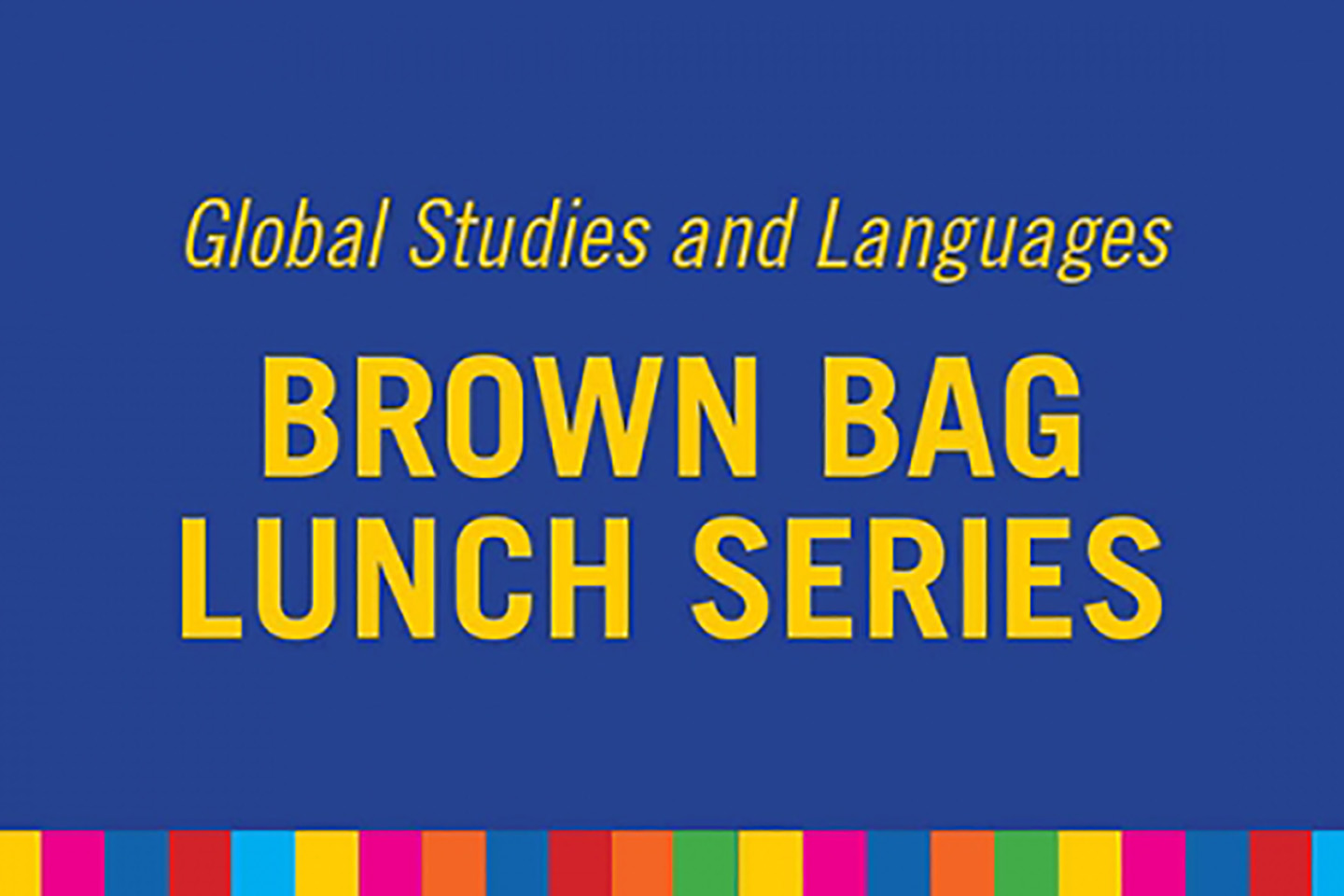
Crossdressing for Entertainment: Rethinking Josō and Gender in Japanese Media Culture
Join MIT Global Studies and Languages for our Brown Bag Lunch Series: informal presentations on current research by faculty, lecturers, post-docs, and visiting scholars, giving individual presentations or informal group panels. Light lunch provided.
WEDNESDAY, APR. 18 • 12:00 – 1:00 PM • 14N-417
This presentation explores the relationship between josō (male-to-female crossdressing) and Japanese media culture in contemporary Tokyo. Although historically embedded in Japanese theater and other forms of performances, josō has fractured and become increasingly commercialized and popular among individuals in their twenties and thirties in the last ten years. How does the Japanese media depict josō and individuals who practice josō? In turn, how do josōko (amateur crossdressers) understand their own practices and relate to other people? What connections can we make between crossdressing, gender identity and sexual orientation, and consumption of popular media, such as anime (Japanese animation), manga (comics), and video games? To investigate these questions, I examine representations of josō on television and draw on interviews with josōko and observations at josō-friendly social spaces. I suggest that while individuals in josō are typically treated as a form of spectacle in the media—in a tradition similar to onē (older sister; queen) or okama (effeminate gay) entertainers—josōko often capitalize on such appearances to provide meaning for their own practices and interactions with fellow crossdressers.
Michelle H. S. Ho is a Ph.D. candidate in Cultural Studies at Stony Brook University and Visiting Scholar/Predoctoral Fellow in Global Studies and Languages at the Massachusetts of Technology (MIT). Her current project, which was supported by a Japan Foundation fellowship, is an ethnographic investigation into josō (male-to-female crossdressing) and dansō (female-to-male crossdressing) cultures and practices in contemporary Tokyo. She has published several essays on the topic of gender and Japanese media, most recently in Japanese Studies, International Journal of Cultural Studies, and the Routledge Handbook of Japanese Media.
